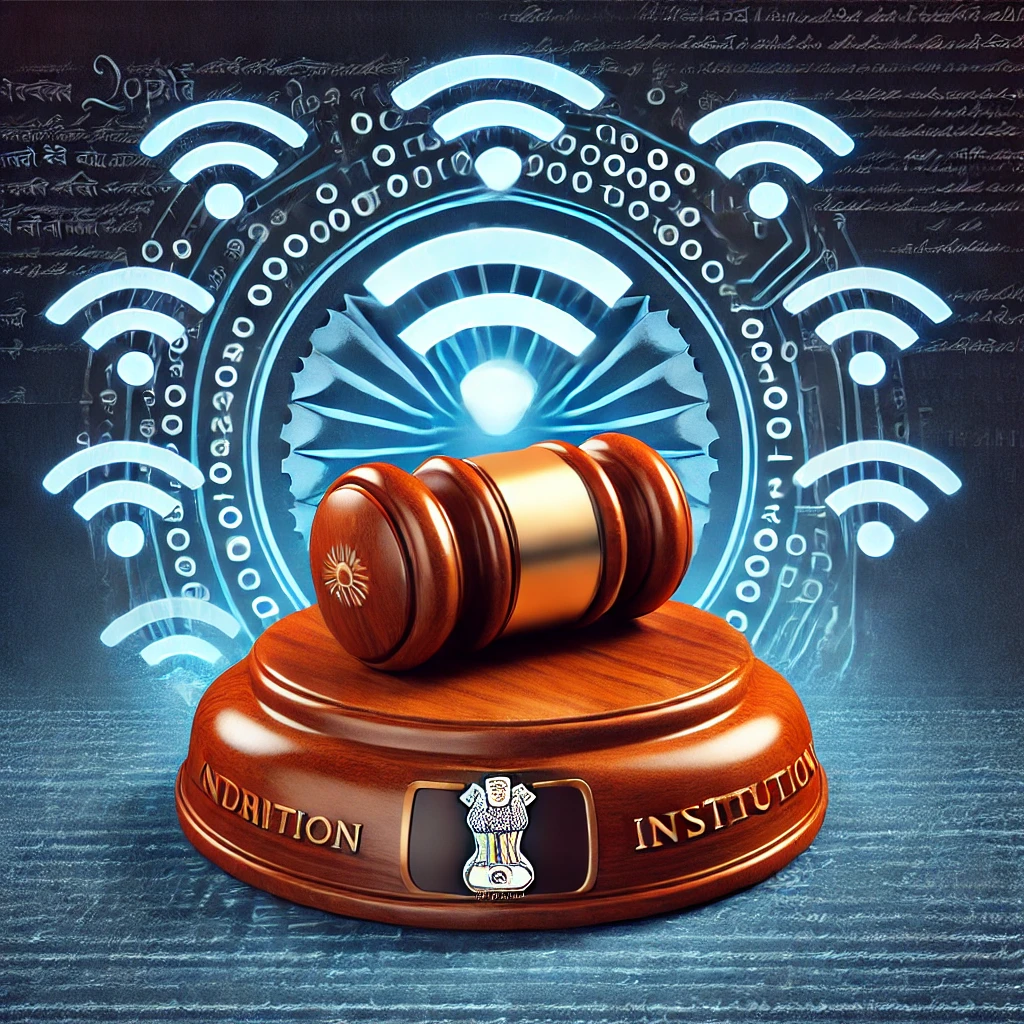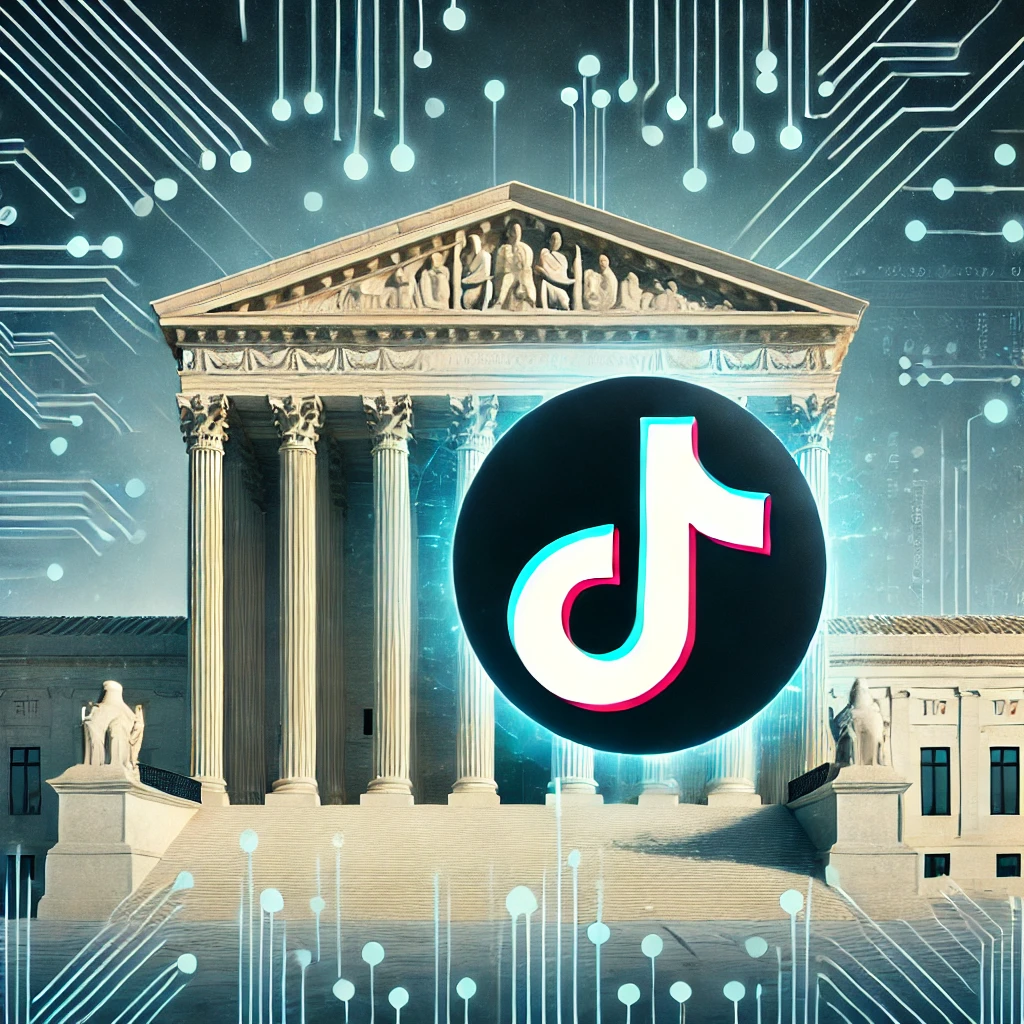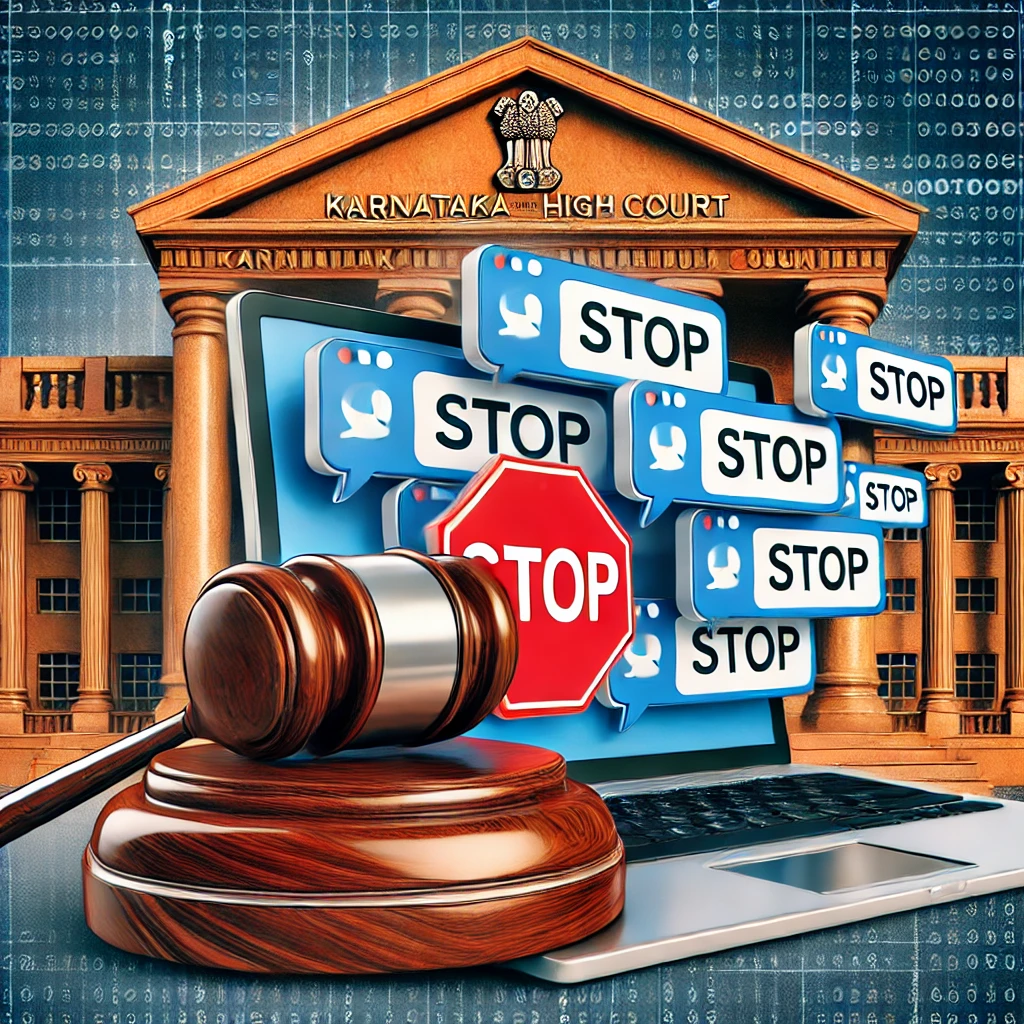Media laws at Philippines
The Philippines' media laws encompass a range of regulations aimed at promoting press freedom, ensuring responsible journalism, and addressing emerging challenges in the digital age. Here's an overview of the key legal frameworks and recent developments:
📜 Constitutional Foundations
Freedom of the Press:The 1987 Philippine Constitution guarantees freedom of speech, of the press, and of expression, subject to reasonable restrictions.
Ownership Restrictions:Presidential Decree No. 1018 (1976) limits mass media ownership and management to Filipino citizens or corporations wholly owned and managed by Filipinos, aiming to safeguard national sovereignty and prevent foreign influence in media operations
📰 Key Media Laws and Regulatory Bodies
Cybercrime Prevention Act of 2012 (Republic Act No. 10175) This law addresses cybercrimes, including cybersex, identity theft, and cyberlibel. Notably, it extends libel provisions to online platforms, leading to concerns about potential restrictions on online freedom of expression.
Movie and Television Review and Classification Board (MTRCB) Established in 1985, the MTRCB is responsible for classifying and reviewing television programs, motion pictures, and home videos. It also serves as a de facto censorship body, ensuring content aligns with national standards and value.
⚖️ Press Freedom Challenges
ABS-CBN Franchise Issue In 2020, the Philippine government moved to revoke the franchise of ABS-CBN, the country's largest media network, citing alleged violations of foreign ownership restrictions. Critics viewed this as an attack on press freedom, reminiscent of actions during the martial law er.
Maria Ressa's Legal Battles Journalist Maria Ressa and her news organization, Rappler, faced multiple legal challenges, including tax evasion charges and online libel cases. In 2022, Ressa was acquitted of tax evasion, with the court citing insufficient evidence. However, she continues to face other legal proceeding.
🧭 Ongoing Discussions and Reforms
*Media Ownership and Foreign Investment: Debates continue over the extent of foreign participation allowed in Philippine media, balancing economic interests with national sovereignty concers.
*Digital Platforms and Regulation: With the rise of digital media, discussions are ongoing about how to regulate online platforms to prevent misinformation while safeguarding freedom of expressin.
*Defamation and Online Speech: The application of defamation laws to online content remains a contentious issue, with calls for reforms to ensure they do not unduly restrict digital communicatin.
✅ Conclusion
The Philippines' media laws aim to balance freedom of expression with national interests and public ordr While there are robust legal frameworks in place, challenges persist, particularly concerning digital media regulation and the protection of press freedom, Ongoing legal battles and discussions highlight the dynamic nature of media law in the county.




















0 comments